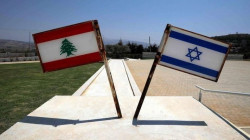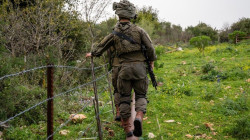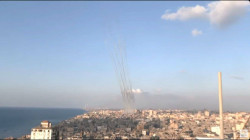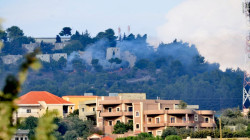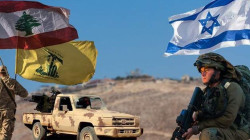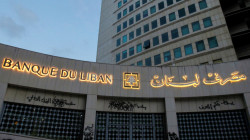Lebanon's Hezbollah launches nine attacks on Israeli positions
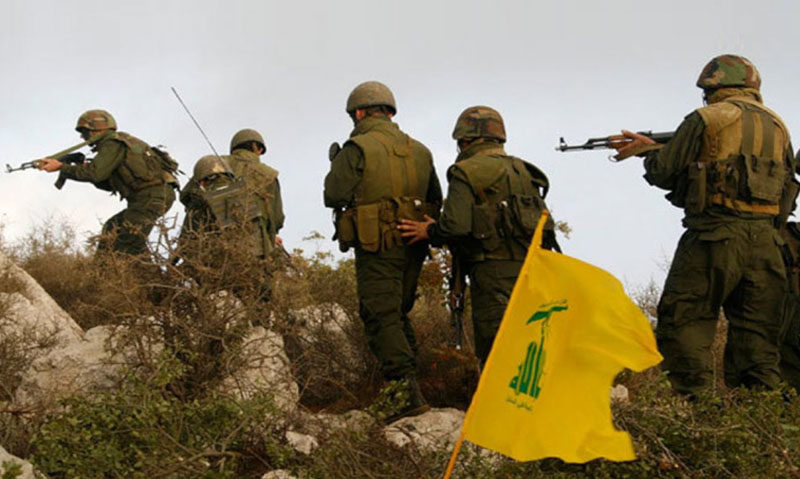
Shafaq News/ On Monday, Lebanese Hezbollah announced that it launched nine attacks against Israeli positions and soldiers along the border with Lebanon.
In multiple statements, the Lebanese party revealed that its fighters targeted specific sites, including "Al-Rahib, Al-Baghdadi, Ruwaisat Al-Alam, Birkat Risha, and Jal Al-Alam," achieving direct hits. The attacks extended to gatherings of Israeli soldiers in various locations, as reported by the party.
The escalation in the Lebanese-Palestinian borders follows Israel's response to Hamas's "Al-Aqsa Flood" operation, which resulted in extensive bombings in Gaza and a significant loss of civilian lives. Hezbollah has expressed full solidarity with the Palestinian resistance movement during this period.
Hamas claimed responsibility for launching attacks from Lebanon to the occupied territory. Israel retaliated by bombing Lebanese regions in the south, which prompted Hezbollah to respond by bombing Israeli soldiers, tanks, and telecommunication towers in border areas, resulting in substantial losses on the Israeli side and the killing of approximately 100 Lebanese, the majority of whom were Hezbollah members.
The situation has led to internal divisions among Israeli security leaders. While some advocate for the elimination of Hezbollah and the "destruction of Beirut" as Gaza, others exercise caution, citing the current limitations of the Israeli army to engage on two fronts simultaneously.
Hezbollah's Secretary General, Sayyid Hassan Nasrallah, clarified that Lebanon is not the site of attack but emphasized defending sovereignty against "Zionist aggression." Despite this, some Lebanese political voices express concerns that Hezbollah's actions may lead Lebanon into a major war beyond its capacity, positioning the party as part of the Iran-supported axis of resistance.
Notably, Hezbollah's military prowess is anchored in a formidable arsenal of rockets, constituting a significant aspect of its defensive capabilities.
According to experts, the Shiite Islamist group is estimated to possess over 100,000 rockets, making it a potent force in the region. Hezbollah openly asserts that its rocket capabilities extend to cover all areas of Israel.
The arsenal comprises diverse rockets, including unguided variants that serve as a volume-centric deterrent. However, the possession of precision missiles adds a strategic dimension to Hezbollah's capabilities. These precision-guided missiles enhance the group's ability to target specific military installations or critical infrastructure with a higher degree of accuracy.
In addition to rockets and precision missiles, Hezbollah has showcased proficiency in employing drones for surveillance and potential offensive operations. The group's arsenal also includes a variety of anti-tank, anti-aircraft, and anti-ship missiles, further bolstering its versatility on the battlefield.
